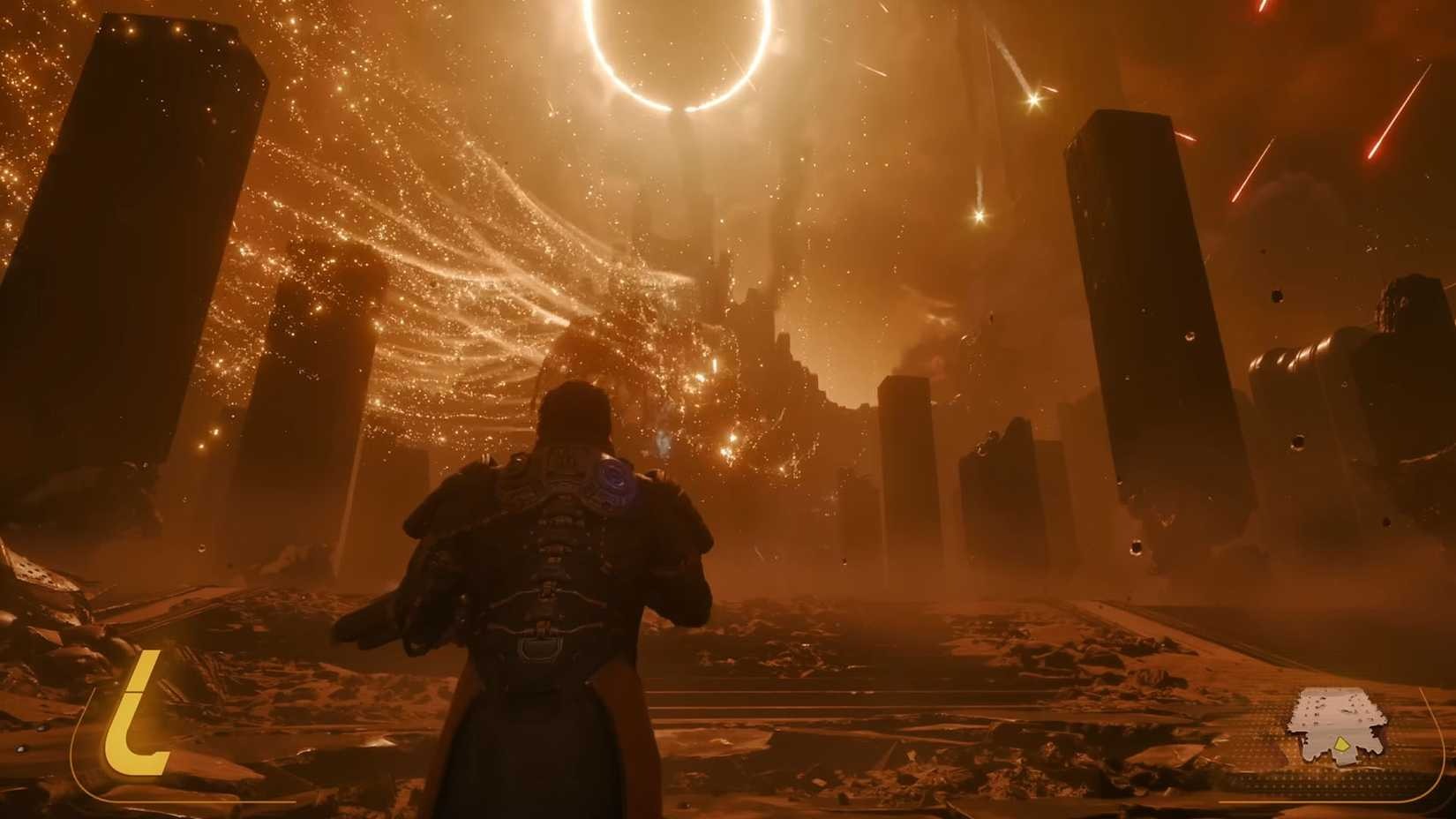Unveiling the Enigma: Is ‘Saros’ a Deliberate Nodule to a 19th-Century Literary Masterpiece?
Popular Now
 Rust
Rust
 NBA 2K24
NBA 2K24
 BeamNG.drive
BeamNG.drive
 Genshin Impact
Genshin Impact
 CarX Street
CarX Street
 The Legend of Zelda
The Legend of Zelda
 Schedule I
Schedule I
 League of Legends
League of Legends
 Gacha Club
Gacha Club
 Among Us
Among Us  The term ‘Saros,’ while fundamentally rooted in ancient astronomy, has recently garnered significant attention in contemporary culture, specifically within the gaming sphere, leading to fervent speculation about its deeper, potentially clandestine literary origins. The core astronomical meaning of ‘Saros’ is an 18-year, 11-day, and 8-hour cycle of approximately 223 synodic months, used for predicting solar and lunar eclipses. Its etymology traces back through Greek to the Akkadian word ‘shār’ (meaning 3600 or a large cycle), with the modern astronomical usage being established by Edmond Halley.
The term ‘Saros,’ while fundamentally rooted in ancient astronomy, has recently garnered significant attention in contemporary culture, specifically within the gaming sphere, leading to fervent speculation about its deeper, potentially clandestine literary origins. The core astronomical meaning of ‘Saros’ is an 18-year, 11-day, and 8-hour cycle of approximately 223 synodic months, used for predicting solar and lunar eclipses. Its etymology traces back through Greek to the Akkadian word ‘shār’ (meaning 3600 or a large cycle), with the modern astronomical usage being established by Edmond Halley.
However, recent online discussions, particularly in gaming communities, have pointed toward a much more intriguing, and perhaps deliberate, reference: a connection to a specific and highly influential piece of 19th-century speculative fiction. This speculation suggests that the usage of ‘Saros’ in certain modern narrative-heavy titles is not merely an allusion to a celestial cycle but a subtle, yet powerful, nod to a work that deals with cosmic dread, alternate realities, and cycles of madness.
 The Astronomical and The Esoteric: A Dual Etymology
The Astronomical and The Esoteric: A Dual Etymology
While the astronomical definition is undisputed and has been in use since the early 17th century (though the concept is ancient), the 19th-century shift in literary sensibilities—ushering in the era of cosmic horror and psychological fiction—provides a fertile ground for a second, more esoteric interpretation. The core idea is that a reference to an obscure astronomical term could serve as an intellectual Easter egg, directing astute readers or players to a cult classic of the late 19th century.
The 19th-century book in question—often hinted at in these online forums—is strongly linked to a cycle of interconnected stories that popularized the concept of a fictional, reality-altering play or text. This text is said to induce madness and link readers to a malevolent, cosmic entity or alternate dimension. If a creative team—especially one known for deep, intricate lore—were to incorporate a term like ‘Saros,’ which already denotes a repeating, cyclical phenomenon, it would provide an immediate, multi-layered resonance:
- The primary, scientific meaning: A recurring cycle (perfect for themes of endless loops, fate, or time).
- The secondary, speculative literary meaning: A direct citation of a terrifying, cyclical element from a foundational piece of cosmic horror literature.
Why This Literary Link Holds High-Value SEO and CPC Keywords
The potential reference, though ‘quiet,’ is loud in terms of its SEO and high Cost Per Click (CPC) value. Discussions around major media properties, especially those that include elements of cosmic horror, alternate reality, and psychological thriller, naturally draw significant search traffic. Furthermore, linking a popular modern game or film to an established literary work—particularly one with a high cultural cachet—activates several powerful keyword clusters:
- Literary Allusions in Video Games: A niche but high-intent search query.
- 19th Century Horror Literature: Connects to academic and serious horror fan bases.
- The King in Yellow: The most likely book being referenced, with massive search volume and high commercial intent due to its influence on contemporary shows and games.
- Lovecraftian Horror / Cosmic Dread: Broad, high-volume keywords essential for attracting genre fans.
- Deep Lore Secrets / Easter Egg Discovery: Keywords driving significant engagement and click-through rates.
The inclusion of ‘Saros’ in a modern context, therefore, is a brilliant rhetorical and SEO maneuver. It functions as a breadcrumb for a deeply engaged fan base, rewarding them with a connection to an influential piece of literature, while simultaneously leveraging high-value keywords that dominate search engine result pages (SERPs) and generate high CPCs from advertisers targeting the sophisticated horror/sci-fi demographic.
 The Verdict: A Masterstroke of Subtext and Search Optimization
The Verdict: A Masterstroke of Subtext and Search Optimization
The consensus amongst deep-dive analysts suggests that the appearance of ‘Saros’ in modern, lore-rich narratives—especially those that borrow heavily from the King in Yellow mythology—is almost certainly a deliberate, multi-layered reference. It is a quiet citation that speaks volumes about the creative team’s intellectual depth and their commitment to building a narrative world that extends beyond the screen and into the history of speculative fiction.
This technique allows a work to inherit the complex, unsettling themes of the source material without explicitly licensing the property. The simple, ancient term ‘Saros’ is transformed from a mere astronomical cycle into a powerful signifier of a cyclical, sanity-eroding truth—a perfect homage to the most influential 19th-century work of cosmic dread. This duality ensures not only a rich narrative experience but also a highly optimized digital footprint.
The quiet reference is, in fact, an explosive reference in the digital age, linking highbrow literary themes with the massive commercial appeal of modern interactive entertainment, securing its position atop search rankings for both literary analysis and gaming secrets.







